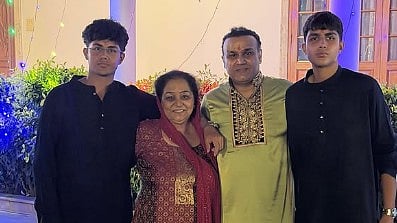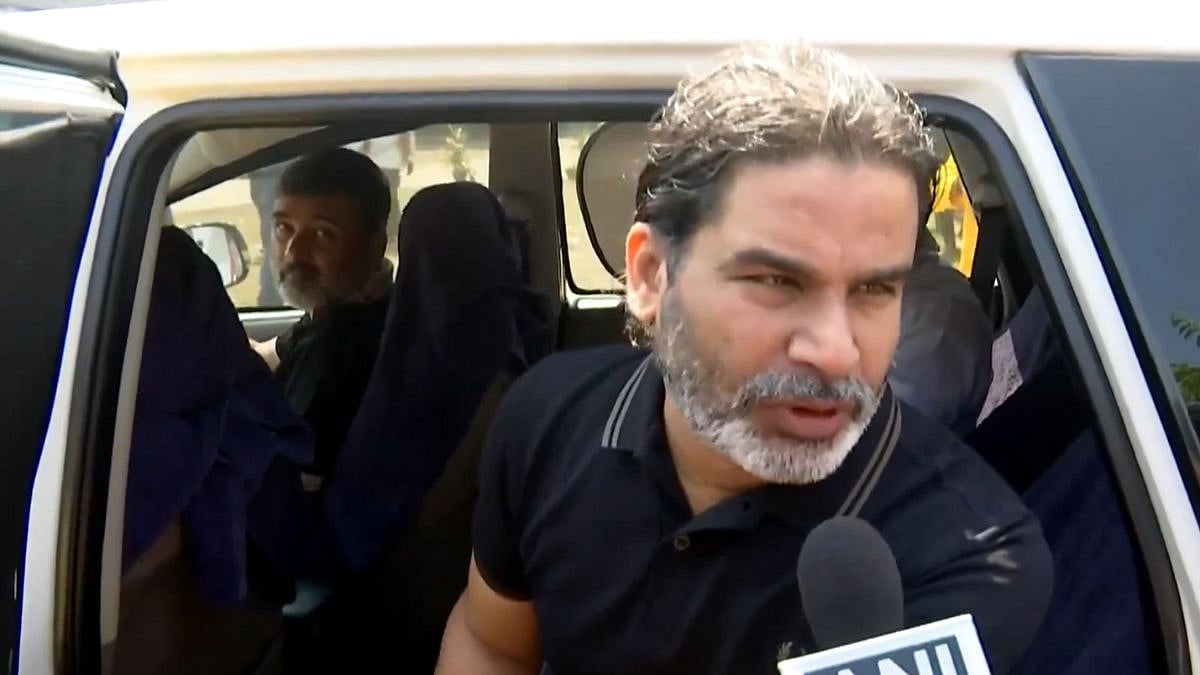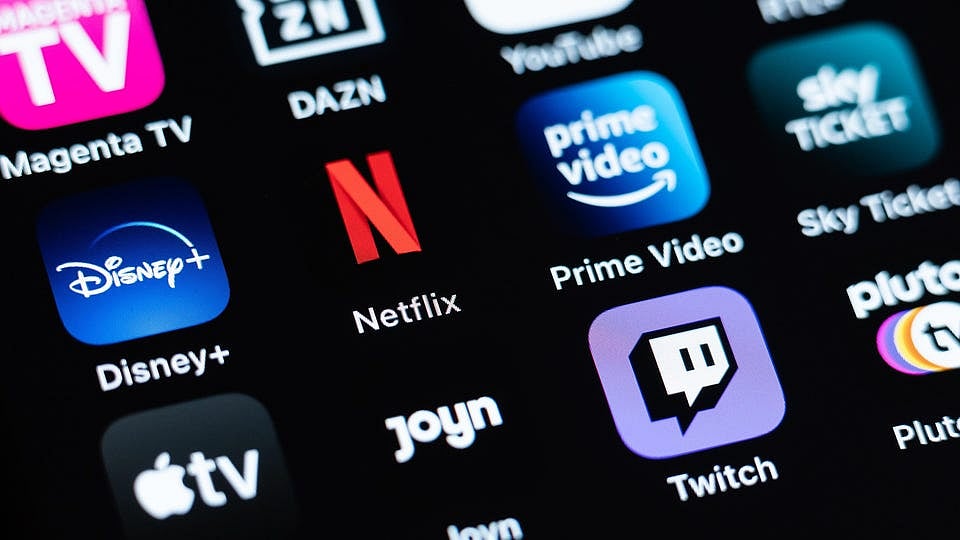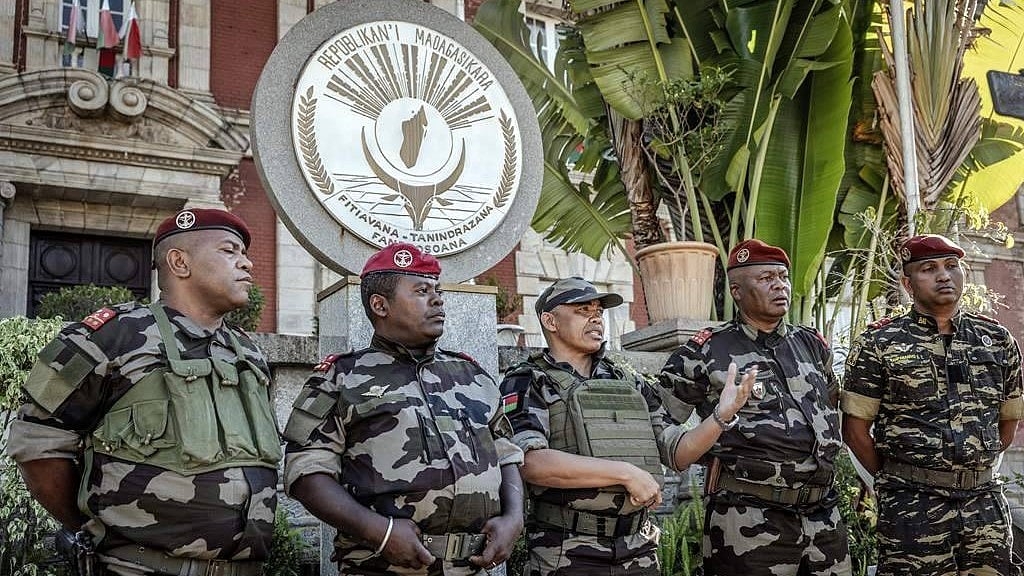That the 2024 general election, though still seven months away from now, is almost upon us can be sensed from Prime Minister Narendra Modi’s two recent speeches — one was delivered in Parliament in reply to the no-confidence motion on August 10 and the other from the ramparts of the Red Fort on Independence Day. Setting the tone for his 2024 election bid, Modi forcefully outlined the political theme of his campaign against the Opposition parties which have joined hands to form INDIA alliance. On both occasions, the prime minister exuded confidence that he would return to power to address the nation from the ramparts of the Red Fort next year by defeating dynastic parties afflicting the Indian democracy with the “ills of nepotism” and then will successfully win a no-confidence motion in 2028. Is this rare confidence, empty rhetoric, or unacknowledged vulnerability?
That is difficult to say, but the Opposition has called it “arrogance”, while political analysts have perceived it as “overconfidence”. Making big claims and delivering rallying cries to influence voters comes quite easily to politicians, particularly seasoned politicians with oratorical prowess like the current prime minister. Politicians are known to react to political challenges well ahead of the event and plan their tactics to face adversities and adversaries with distractions and running down the opponents. That 2024 election is very much on Modi’s mind and whatever challenges he is likely to face in his bid to win the third term were apparent in his “exaggerated self-praise” that did not hide his anxiety and a definite nervousness. The usually self-assured leader seemed ruffled with the task ahead of him, with the Opposition no more in awe of his oratory and fear of his popularity.
Speaking with reason and responsibility is quite different from making tall claims on growth, inflation and other issues using contentious data because the ground reality is in variance from the rosy depiction by the government. We have had prime ministers, some of them excellent orators, who, whether in parliament or from the historic ramparts of Red Fort, spoke with responsibility and accountability, and who participated in parliamentary deliberations, engaged with the Opposition, spoke passionately on issues and bills, encouraged debates and discussions, respected dissent, and disagreements. But these days the prime minister is rarely seen in parliament, the ruling party members mock and ridicule the Opposition and there is less listening but more talking, and less conversation about issues.
In his over two-hour reply to the motion of no-confidence, Modi used much of his time to berate the Opposition while holding the Congress responsible for all the ills in the country. There was lot of sound and fury that did not signify much, except the hardening of political positions. That all this is just a prelude to the 2024 general election and the forthcoming state elections is not lost on anyone. It was as if the campaign for the Lok Sabha polls had started from parliament and the tone, tenor and tempo of the campaign was carried forward to the next level on the Independence day where Modi spoke more of the same thing – a long list of his accomplishments, often conflating himself with India and tiresomely regular finger-pointing at the Opposition, blaming past governments for all the problems that plague the country and Indian democracy, while taking credit for everything that has gone right in the life of country and democracy.
Anyone who is ignorant of the socio-economic progress India has made since Independence, but who listens to Modi’s speeches, would be forgiven for thinking that there was no governance but only corruption and incompetence in the past, while India has progressed at a rapid pace only after 2014. India’s post-Independence nation-building has not been achieved by any single party or any single prime minister, though it goes without saying that the contribution of the Congress, as a ruling party for almost five decades, has been immense, even though it rarely takes credit for the same.
Nation-building is a collective effort and hence credit should be given to all past governments, both at the centre and states. The prime minister, irrespective of his party affiliation, should not have used the solemn occasion of Independence Day for self-glorification and maligning and castigating the Opposition. No past prime minister has done so in their August 15 addresses to the nation. But the rules of self-restraint and protocols of propriety, it seems, do not apply to Modi, who used the occasion to deliver an outright election speech, even predicting the outcome of the next parliamentary election. Now that the election season has kicked in, expect the prime minister promise “unprecedented development” over the next five years to make India a developed nation, dazzle in self-praise and deflect real issues that concern voters.
India is surely on the growth path. But it is not solely because of Modi. Leave alone his supporters, partymen and his ministerial colleagues who repeatedly give credit to the prime minister for everything, it seems even Modi appears to think it is all because of him. This is not entirely true because India’s growth journey began in the mid-1980s, picked up pace in the 1990s and accelerated somewhere in the early part of the first decade of this century. So, if India is on the way to become the third largest economy over the next four to five years, it is not entirely because “it’s Modi’s guarantee” but because the foundation for growth was laid three decades ago. It is also because of India’s huge workforce, demographic dividend, and domestic consumption.
Slamming the Opposition for dynastic politics, corruption and appeasement is fine, but being silent on dynastic politics in his own party and bringing in leaders from other parties into the BJP/NDA who are not paragon of virtue and using central agencies like the ED and Income Tax only against Opposition politicians exposes the prime minister’s double standards on parivar-vaad and corruption, given that his government has not acted against leaders in his own party who are suspected to be involved in corrupt deals. As regards appeasement politics which he identified as one of the ills afflicting India’s political system, governance and development, the question that arises is: Isn’t the BJP, under Modi since 2014, aggressively following a policy of “Hindu appeasement” aimed at consolidating its “Hindu vote bank”?
India is indeed a diverse nation. Demography is its asset and democracy a strength. India possessed each of these three strengths much before 2014. The troubling question that many people are asking is: who should be blamed for the current deeply disturbing state of India’s democracy and diversity?
The writer is a senior independent Mumbai-based journalist. He tweets at @ali_chougule











